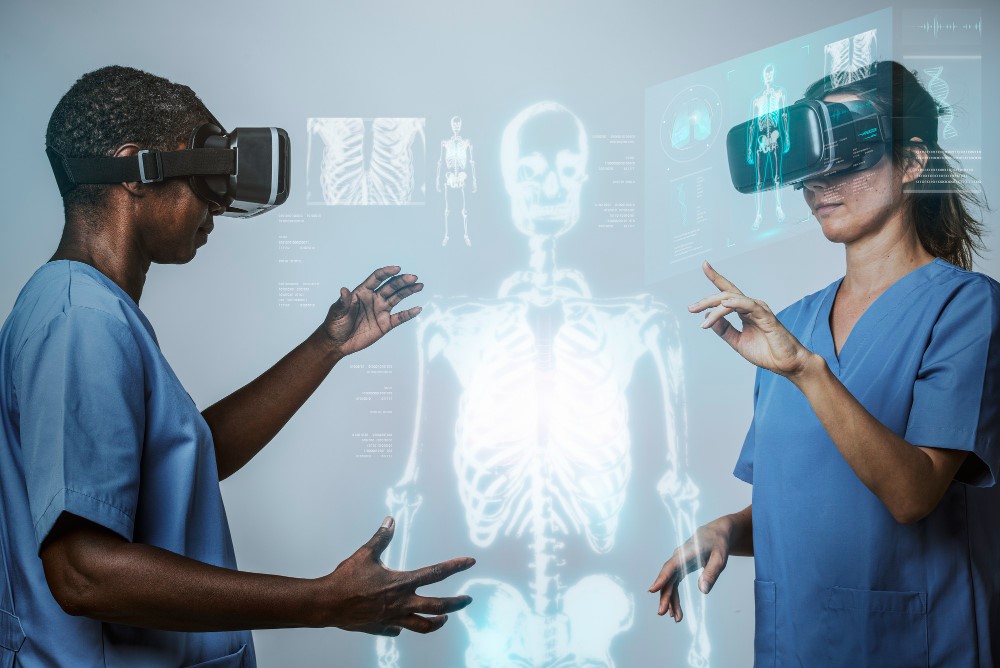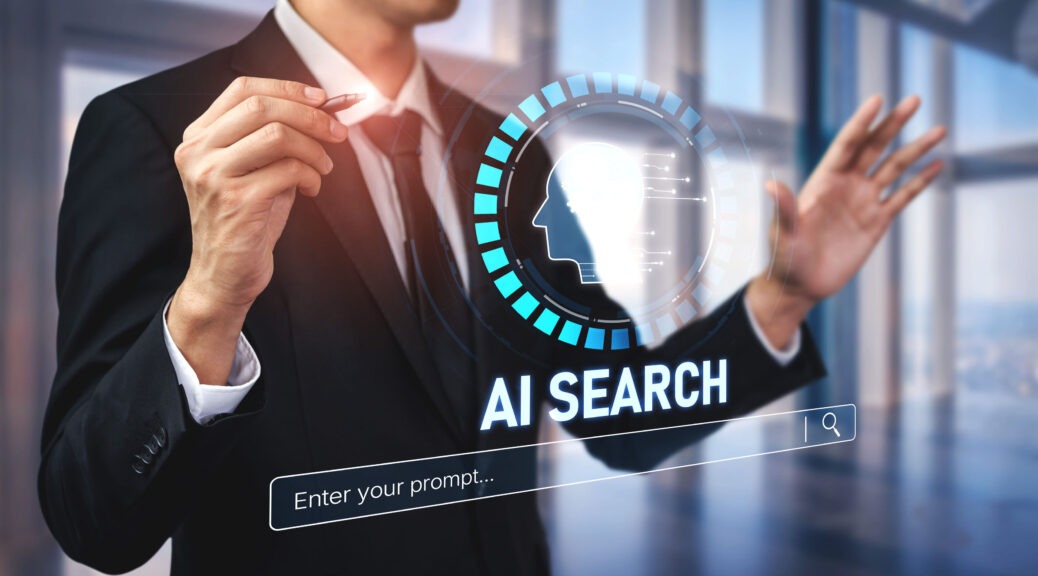In 2024, the healthcare industry is undergoing a significant transformation driven by advancements in artificial intelligence (AI) and machine learning (ML). These technologies are not only improving patient care but also revolutionizing healthcare medical research and operational efficiencies. This blog explores seven remarkable ways AI and ML are making a positive impact on healthcare.
1. Early Diagnosis and Detection
Enhanced Diagnostic Accuracy
AI-powered diagnostic tools are improving the accuracy of disease detection at early stages. Machine learning algorithms can analyze medical imaging data, such as X-rays, MRIs, and CT scans, to identify abnormalities that may be missed by human eyes. For instance, AI systems are now capable of detecting early signs of cancer, heart disease, and neurological disorders with high precision.
Predictive Analytics
AI and ML algorithms analyze vast amounts of patient data to identify patterns and predict potential health issues before they become critical. This proactive approach enables healthcare providers to implement preventive measures, reducing the risk of serious complications and improving patient outcomes.
2. Personalized Treatment Plans
Tailored Therapies
AI and ML are enabling the development of personalized treatment plans based on individual patient data. By analyzing genetic information, lifestyle factors, and medical history, AI can recommend the most effective therapies for each patient. This personalized approach ensures that treatments are tailored to the unique needs of each individual, enhancing their effectiveness and minimizing side effects.
Precision Medicine
Precision medicine, driven by AI, focuses on understanding the genetic makeup of patients to offer targeted therapies. This approach is particularly beneficial in treating complex diseases like cancer, where traditional treatments may not be effective for all patients. AI-driven precision medicine is paving the way for more successful and less invasive treatments.
3. Streamlined Administrative Processes
Automating Routine Tasks
AI is transforming administrative processes in healthcare by automating routine tasks such as appointment scheduling, billing, and patient record management. This automation reduces the burden on healthcare staff, allowing them to focus more on patient care. Moreover, it minimizes errors and enhances the overall efficiency of healthcare facilities.
Natural Language Processing
Natural language processing (NLP) technologies are being used to extract meaningful information from unstructured data, such as doctors’ notes and medical records. This helps in creating comprehensive patient profiles, facilitating better decision-making, and improving the quality of care.
4. Improved Patient Engagement and Experience
Virtual Health Assistants
AI-powered virtual health assistants are enhancing patient engagement by providing personalized health advice, answering medical queries, and reminding patients about medication schedules and appointments. These virtual assistants are accessible 24/7, offering support and guidance to patients outside of regular clinic hours.
Telehealth and Remote Monitoring
Telehealth services, bolstered by AI, are making healthcare more accessible, especially for patients in remote areas. AI-driven remote monitoring devices collect real-time health data, allowing healthcare providers to monitor patients’ conditions continuously. This leads to timely interventions and reduces the need for frequent hospital visits.
5. Advancements in Medical Research
Accelerating Drug Discovery
AI and ML are accelerating the drug discovery process by analyzing vast datasets to identify potential drug candidates. These technologies can predict how different compounds will interact with biological targets, significantly reducing the time and cost involved in bringing new drugs to market.
Clinical Trials Optimization
AI optimises clinical trials by identifying suitable candidates, predicting outcomes, and monitoring patients’ responses in real time. This not only improves the efficiency of trials but also enhances the safety and efficacy of new treatments.
6. Enhanced Data Security and Privacy
Securing Patient Data
AI technologies are being employed to enhance the security of patient data. Machine learning algorithms can detect unusual activity and potential threats, ensuring that sensitive information is protected from cyberattacks. This is crucial in maintaining patient trust and complying with regulatory requirements.
Anonymizing Data for Research
AI systems can anonymize patient data, allowing researchers to access valuable information without compromising patient privacy. This facilitates large-scale medical research while adhering to ethical standards and protecting individual privacy.
7. Reducing Healthcare Costs
Efficient Resource Management
AI is helping healthcare providers manage resources more efficiently by predicting patient influx, optimizing staff schedules, and managing inventory. This leads to cost savings and ensures that healthcare facilities can provide high-quality care without unnecessary expenditures.
Reducing Readmissions
By predicting which patients are at risk of readmission, AI enables healthcare providers to implement targeted interventions, reducing the likelihood of hospital readmissions. This improves patient outcomes and reduces the financial burden on healthcare systems.
Conclusion
AI and machine learning are revolutionizing healthcare in numerous ways, from early diagnosis and personalized treatment plans to improving patient engagement and reducing costs. As these technologies advance, their positive impact on healthcare will only grow, leading to better patient outcomes, more efficient healthcare systems, and a brighter future for medical research.
External Resources
AI and Machine Learning in Medicine – National Institutes of Health
The Role of AI in Healthcare – World Health Organization







